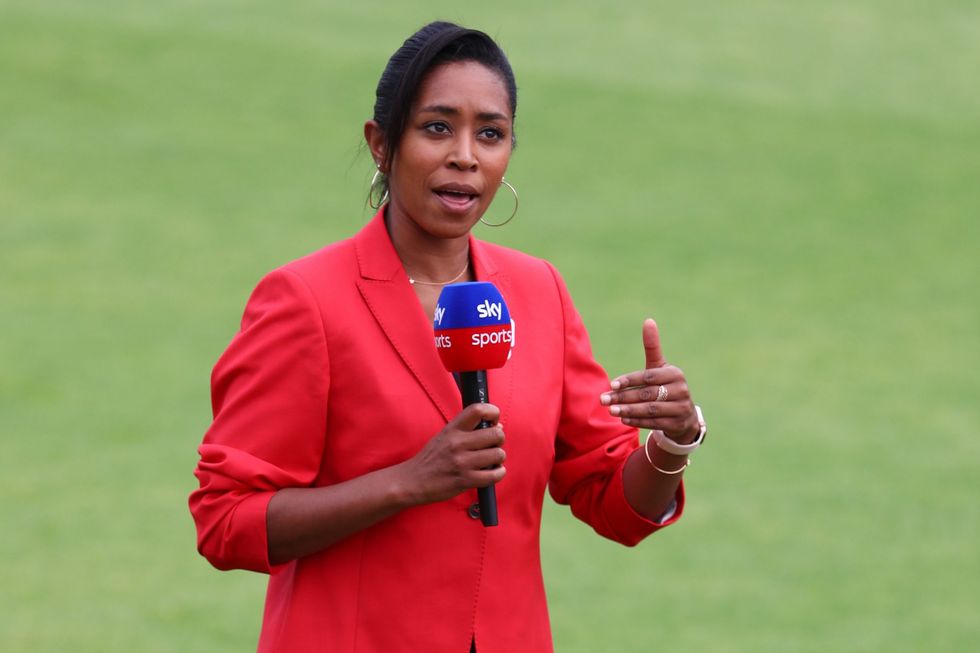English cricket is back in the firing line over racism in the game after "stereotypical" and "outdated" views were expressed about the reasons for a lack of interest in the game among Britain's ethnic-minority communities.
Former Yorkshire player Azeem Rafiq delivered harrowing testimony to lawmakers in November in which he said his career had been ended by the abuse he received at the county club.
The Pakistan-born off-spinner, who had dreamed of playing for England, said cricket was blighted by institutional racism "up and down the country".
The parliamentary Digital, Culture, Media and Sport committee issued a report earlier this month saying English cricket must root out "deep-seated" racism or face losing public money.
Lawmakers on the committee heard evidence from a number of chairmen of English county clubs during their latest session looking into the issue on Tuesday.
Middlesex chairman Mike O'Farrell appeared to offer generalisations about the reasons why individuals from the African-Caribbean and South Asian communities drifted away from the sport.
"The football and rugby world becomes much more attractive to the Afro-Caribbean community," O'Farrell told the committee.
"In terms of the South Asian community... we're finding that they do not want to commit necessarily the same time that is necessary to go to the next step because they prefer -- not always saying they do it -- they prefer to go into other educational fields where cricket becomes secondary."
- Cricket in 'denial' -
Rafiq said he was staggered by the remarks, believing they underline the problem the sport faces.
"I think today has shown everyone what I was talking about and how we have a long way to go," he told the BBC. "Clearly the counties and the game are still very much in denial and that's a big worry."
He added that O'Farrell's views on black and South Asian players were "a stereotypical way of trying to blame a minority group for why there is a problem in the game".
Ebony Rainford-Brent, the first black woman to play for England and who is now director of women's cricket at Surrey, tweeted: "These outdated views in the game are exactly why we are in this position."

"Unfortunately the decision-makers hold onto these myths. 'The black community only like football, and Asian community only interested in education'. Seriously, the game deserves better."
The National Asian Cricket Council tweeted its disappointment with O'Farrell's comments.
"Hugely disappointed with comments made today by Middlesex CCC chair Mike O'Farrell," it said.
"It is clear that cricket still needs to do so much more to change the archaic and ill-informed viewpoints of people in influential positions."
O'Farrell issued a statement apologising for any "hurt" his earlier remarks may have caused.
"I was aiming to make the point that as a game, cricket has failed a generation of young cricketers, in systematically failing to provide them with the same opportunities that other sports and sectors so successfully provide," he said.
England and Wales Cricket Board chief executive Tom Harrison told MPs that former England captain Clare Connor would lead a promised review of dressing-room culture and that a new anti-discrimination unit would be up and running by the end of May.




